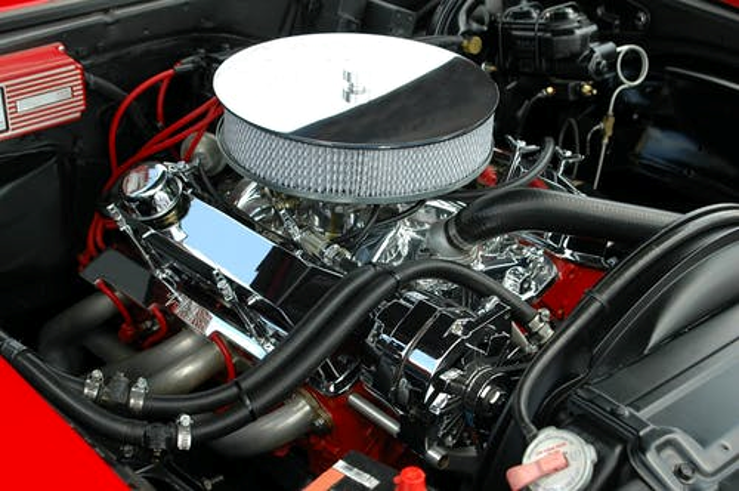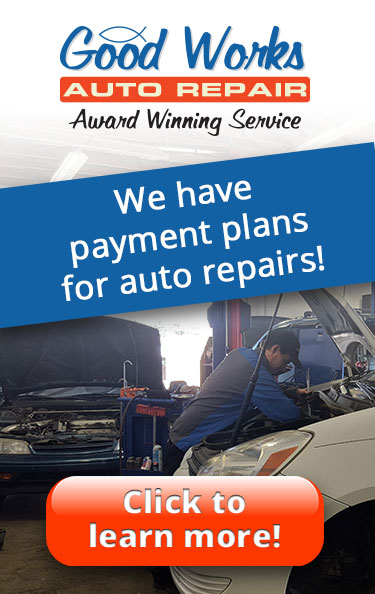
Unless you’re driving a car that’s 20 years old or older, the answer to the question is “yes” – modern vehicles no longer require a tune-up at regular intervals.
Traditionally, getting a tune-up meant taking your vehicle to a knowledgeable mechanic. He would listen to and make adjustments to the vehicle’s engine, bring it back “in tune” and improve its performance. Other components, such as spark plug wires and condensers would be replaced if worn out.
The modern-day tune-up
Today’s newer vehicles still require maintenance, of course, but it looks a little different than what was done in the past. Some of the old parts no longer exist, being replaced by higher-tech versions that last longer and require different service schedules.
While the traditional version of a tune-up is no longer needed, there are regular maintenance items that must be done in order to keep your modern ride running smoothly. Let’s take a look at some of the most common routine maintenance procedures.
- Oil and filter change – This is often done according to its own service schedule, but may coincide with other maintenance procedures. Today’s synthetic oils are engineered to reduce friction, wear and tear in the engine, prolonging its life. They function so well that the time interval between oil changes has drastically increased over the years. It’s still important to follow the manufacturer guidelines set for your vehicle, however. Watch this video to see what happens when you put off an oil change for too long!
- Fluid checks and changes – Today’s modern vehicles use a variety of fluids – brake, transmission, and power steering to name a few. Without these fluids, vehicle components may break down quickly due to the friction created by moving parts. These fluids don’t last forever, though, and should be checked at regular intervals to make sure they’re at the proper level and are clean. Changing brake and power steering fluid, and scheduling a transmission flush should be on your list of essential preventative maintenance items.
- Cooling system maintenance – AAA cites cooling system failure as one of the biggest causes of vehicle breakdowns. Having the entire system maintained, then, is one important way you can prevent yourself from getting in that situation. Regular maintenance includes changing the coolant, inspecting belts and hoses, checking for leaks, and replacing parts as needed.
- Tire check – Properly inflated tires, in good alignment, and with appropriate tread not only help your vehicle navigate different road conditions, but also contribute to gas mileage and overall vehicle safety. Regular inspection of your tires’ condition, including pressure and tread, is an important part of routine maintenance.
- Filters – One way to keep debris from getting inside parts where it doesn’t belong is by making sure that your vehicle’s various filters get changed on a regular basis. The engine’s air filter keeps unwanted particles out of its interior – keeping it fresh and clean can mean better gas mileage and driving power. Fuel and cabin air filters are also meant to be checked and replaced when necessary.
Scheduling preventative maintenance
Keeping track of what your vehicle needs and when can be a cumbersome job, but it doesn’t have to be. Your local auto repair shop has technicians who are specifically trained to know what the service schedules are for each vehicle make and model. Instead of trying to keep track of it all yourself, why not leave it to the experts and schedule an appointment for preventative maintenance today?
Schedule My Appointment Now!
